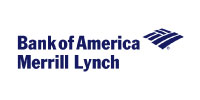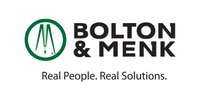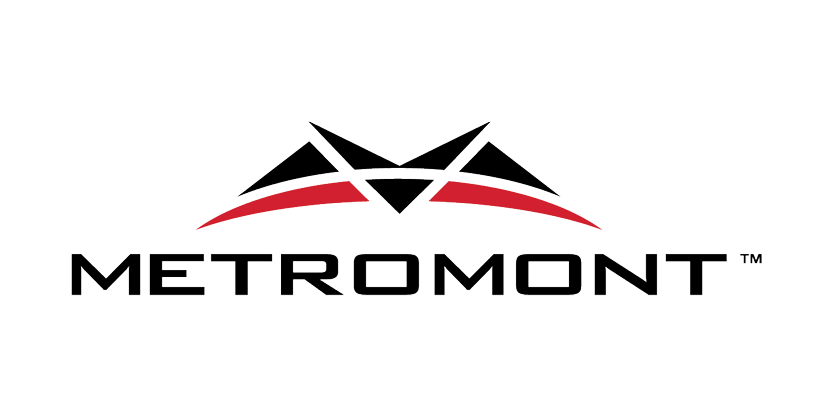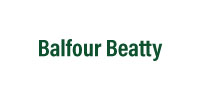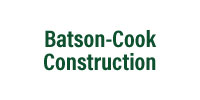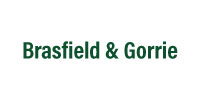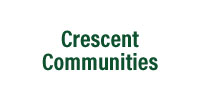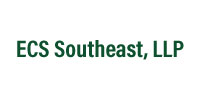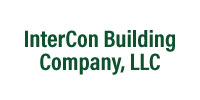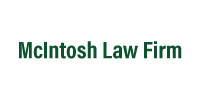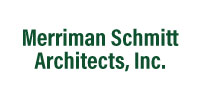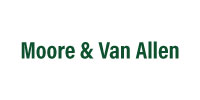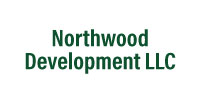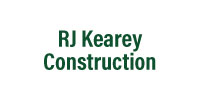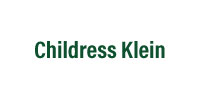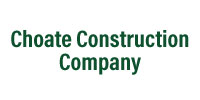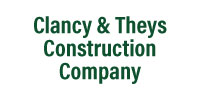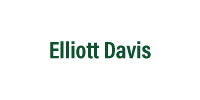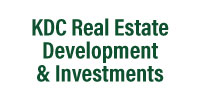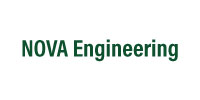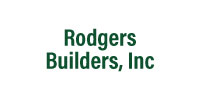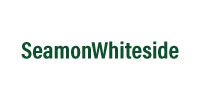Top 3 Items to Note:
- We are making significant progress on our efforts to identify and bring aboard a seasoned individual to provide additional eyes and ears on the ground in Iredell County and Cabarrus County. More on that to come later this week.
- The City of Charlotte is seeking development/real estate representatives to serve on two advisory boards created by the passage of the policy section of the 2040 Comprehensive Plan. It is essential we engage qualified and knowledgeable individuals to fill these positions. We have an incredible opportunity here and I could use your help. (Deadline is Friday, August 27th, details follow)
Charlotte Equitable Development Commission
The Charlotte Equitable Development Commission was created with the adoption of the Future Charlotte 2040 Comprehensive Plan by City Council resolution on June 21, 2021. The Commission is charged with advising in the assessment of infrastructure throughout the city and recommending strategies that balance equitable investments in areas most in need, including areas with absent and insufficient facilities, areas growing fastest, and areas targeted for growth. The Commission will work with the Office of Strategy and Budget to provide input on the development of the city’s proposed Capital Investment Plan. The Commission will provide regular updates to the Budget and Effectiveness Council Committee and quarterly reports to the entire Council. The committee will consist of individuals with significant backgrounds in community development and infrastructure assessments. Examples of preferred experience shall include consulting engineers in the project development business; attorneys specializing in development; developers; independent business representatives; construction contractors; bankers or insurance agents engaged in the financial aspect of development; representatives from homebuilder's association; homeowners or neighborhood association representatives.
9 Members (3 appointments by Mayor, 6 appointments by City Council), Term Length – 3 years, 1 term
Charlotte’s Neighborhood Equity and Stabilization Commission (Charlotte’s NEST)
The City of Charlotte needs to address displacement caused by gentrification in a comprehensive, broad, and systematic, intentional manner. The recently adopted 2040 Comprehensive Plan includes the establishment of the Charlotte Neighborhood Equity and Stabilization Commission (Charlotte’s NEST). The City currently has an adopted Affordable Housing Framework coupled with a number of neighborhood programs that are used to address gentrification. However, the City desires to engage the community in developing additional strategies to limit displacement. Therefore, the Charlotte Neighborhood Equity and Stabilization Commission is established for a 3-year period and is charged with reviewing and recommending specific anti-displacement strategies and specific tools for protecting residents of moderate to high vulnerability of displacement. The Commission will make regular reports to the Great Neighborhood Council Committee, quarterly reports to the entire Council and provide recommendations for combatting displacement prior to the implementation of the Plan.
15 Members (5 appointments by Mayor, 10 appointments by City Council) who shall be appointed according to the following criteria:
- 3 appointees - Housing Advocates (1 appointed by Mayor, 2 appointed by Council)
- 3 appointees - Neighborhood Leaders or Community Organizers (1 appointed by Mayor, 2 appointed by Council)
- 3 appointees - Involved in the Real Estate Development Industry as specified below:
- Non-Profit Affordable Housing Developer (1 appointment by the Mayor)
- For Profit Affordable Housing Developer (1 appointment by the Council)
- Market Rate Housing Developer (1 appointment by the Council)
- 2 appointees - Residents who have experienced or are experiencing displacement (1 appointed by Mayor, 1 appointed by Council)
- 1 Urban Studies and Planning Representative with experience in displacement and gentrification and implementing equitable inclusive development strategies (1 appointment by the Mayor)
- 1 Housing Finance Representative with experience in rental housing finance and homeownership and affordable and subsidized housing (1 appointment by the Council)
- 1 Land Use Representative with expertise and experience in historic preservation and landmarks, zoning, and development rights (1 appointment by the Council)
- 1 appointee - Neighborhood Conditions Representative with expertise and experience in economic development, health, racial/ethnic segregation, schools and education and crime (1 appointment by the Council)
Term Length – 3 years, 1 term
For more information on the new advisory boards, please visit: https://charlottenc.gov/CityClerk/Pages/BoardsandCommissions.aspx
- The next phases of CLT Future 2040 (mapping and UDO) are underway –
- Alan and I had our second monthly meeting with Taiwo and Alyson last Thursday. As a result of that meeting, REBIC will be putting together a small group of design professionals that will meet with planning staff every two weeks (for as long as necessary) beginning a few days prior to the public release of the UDO on October 4th. These meetings will allow REBIC representatives to provide feedback and to receive an immediate response, much earlier in the process, on elements of the proposed ordinance that could be problematic if implemented It also allows us to be a cheerleader for those things in the UDO that help streamline the process and reduce development time frames.
- Brenda Hayden will be joining Alan and me for the monthly meetings beginning in September.
- A brief presentation containing the projected schedule for mapping/UDO is here.
- Due to recent and higher than anticipated COVID infection rates, the Government Center has been closed to the public for the time being.









 VIEW
VIEW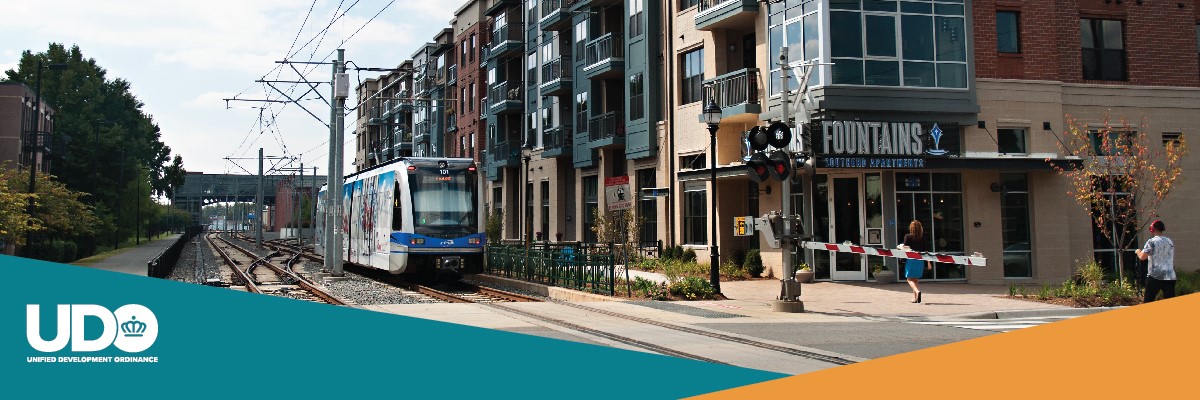

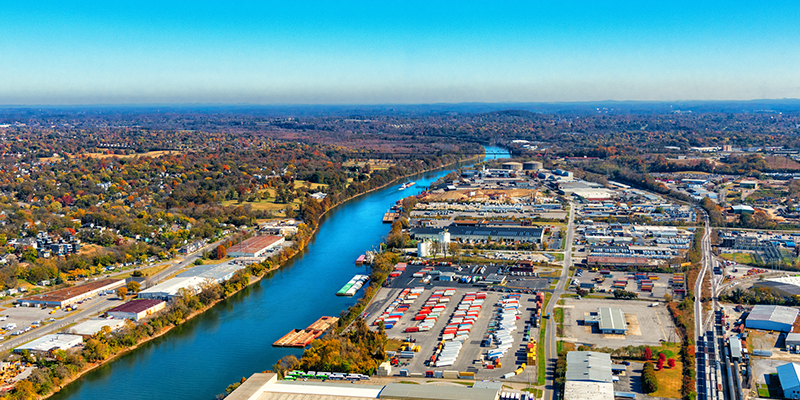




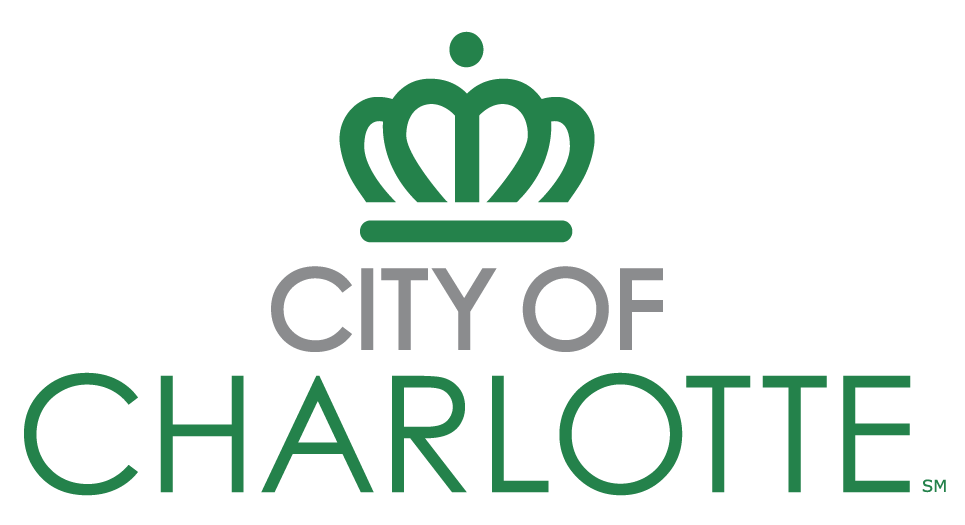
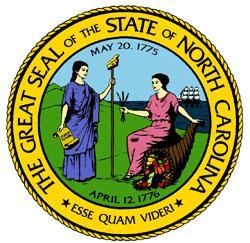 The North Carolina General Assembly released their long-awaited conference budget report on Monday. The budget, once approved by both chambers, will then be sent to the Governor. Today, Governor Cooper
The North Carolina General Assembly released their long-awaited conference budget report on Monday. The budget, once approved by both chambers, will then be sent to the Governor. Today, Governor Cooper 

